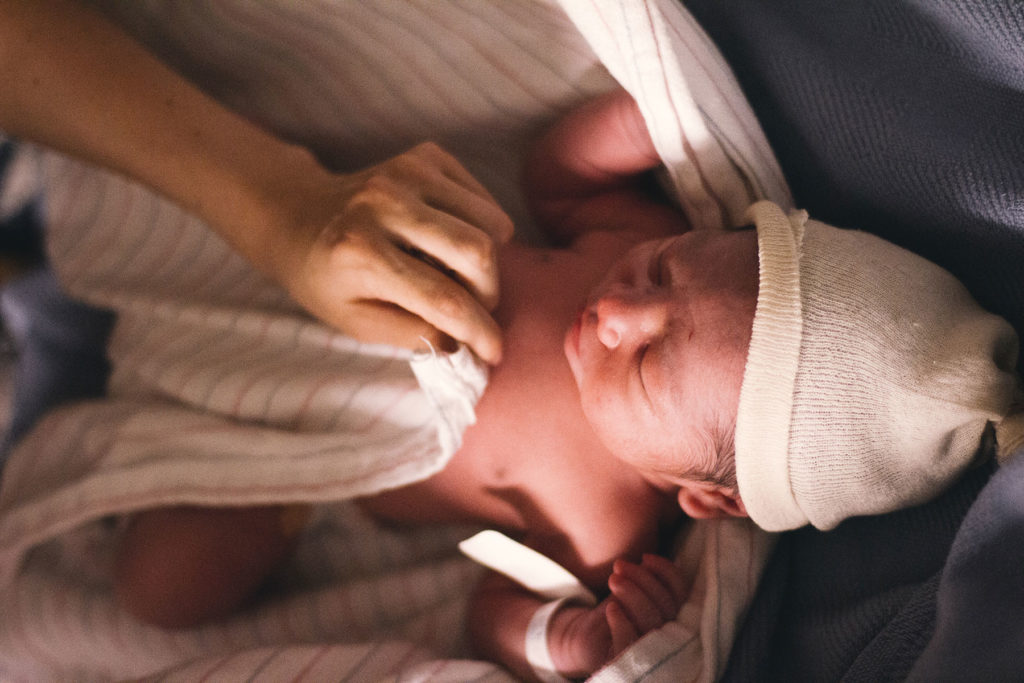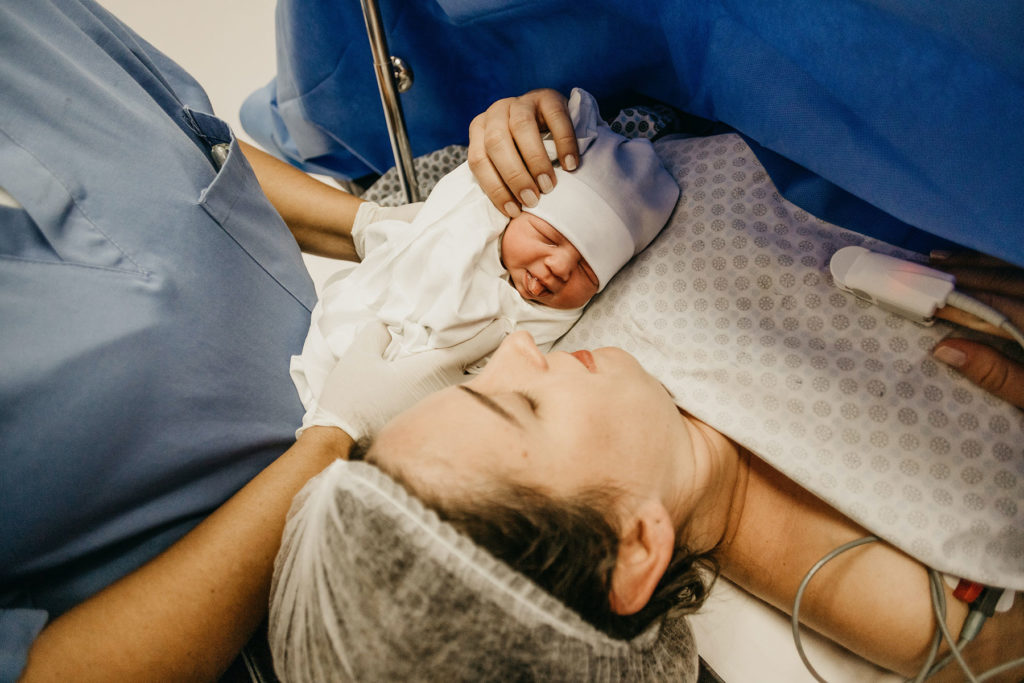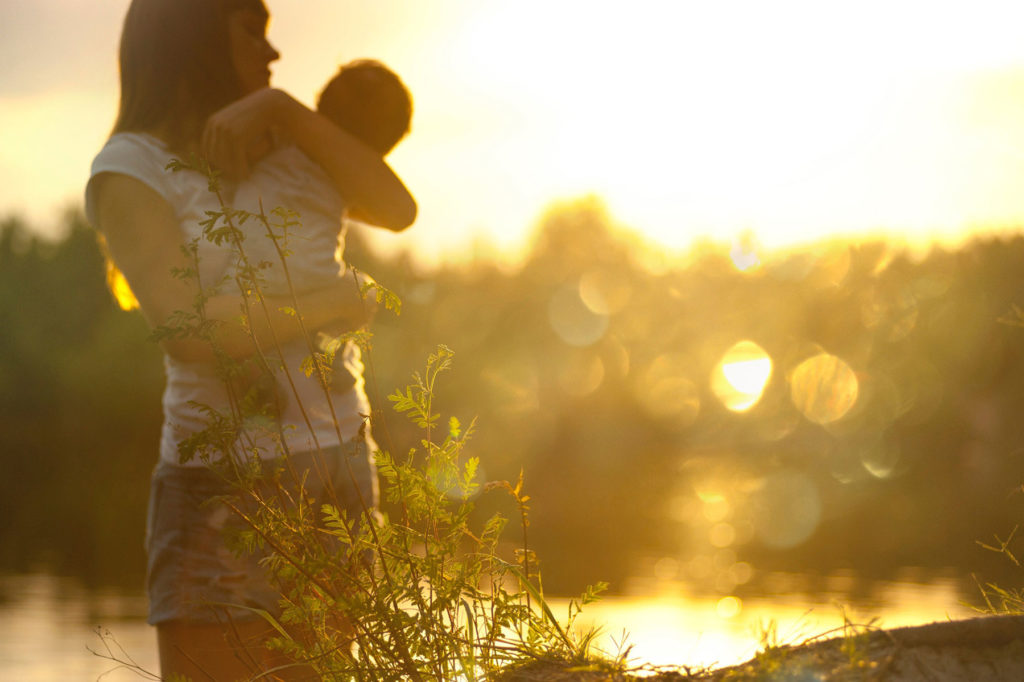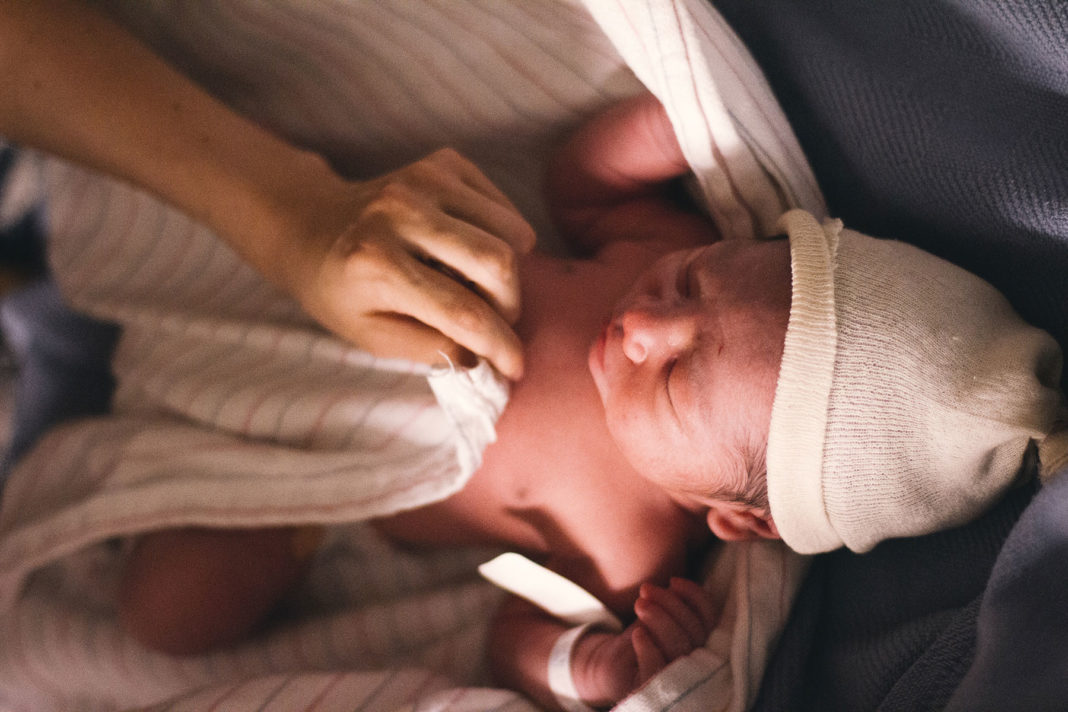The risk is actually somewhat low for newborns contracting the virus.

Families are welcoming new babies to the world, but it’s happening alongside a global pandemic.
Originally published by: Kristen Bolden
So, how can people keep their newborns safe amid COVID-19?
Dr. Mark Uranga is a pediatrician and the director of the Newborn Nursery at St. Luke’s. He says the risk is actually somewhat low for newborns contracting the virus.
“It’s an avoidable risk in the early period, and that is the period that we find to be the most critical for avoiding exposure to COVID-19 which would be a month but even under two months. Those kids exposed under those ages have about a 10% chance of needing to be rehospitalized and even be getting a little bit of critical care support so it’s a good time to avoid exposure for sure,” Dr. Uranga explains.
As parents countdown to their baby’s arrival, Dr. Uranga says preparing to bring their newborn during the pandemic isn’t all that different from the usual prepping tips.
“The preparations are largely the same as normal which is to be ready to have your schedule turned upside down and to recognize that your pediatrician and your own doctors are the best ones to address your questions to because everybody’s going to end up with their own situation whether a grandparent was sick a week ago with COVID or somebody’s just been exposed,” says Dr. Uranga.
A new baby typically means more family visits so people can meet their new family member, but with many gatherings restricted under local law across the country, that decision and the timing will be different for each family as well.
“Usually I’m a fan of having the family just as available as possible, but I’ve pulled back that recommendation recently. It’s hard for families to give a little bit of a distance early on, but as I mentioned that first one month, maybe two months, are a time where I’d really think about who the necessary visitors are. If they’re somebody that can wait a month or two, and see the baby in pictures or on FaceTime and other things, I’d really encourage that if it’s possible,” he says.
New parents can often find themselves feeling weighed down by newborn responsibilities and may feel even more isolated than normal because of the pandemic. That can manifest in many different ways, but there are safe avenues for parents or caregivers to make sure they prioritize emotional and social connections outside of the home and relieve stress.

“This is an area that, recognizing the risk and the benefits, it might be a time to reinstitute a visit in an outside location where their extended family could support them a little bit, even in decreasing the risk of COVID exposure a little bit by doing that outside, or maybe the parents could take a little bit of separate time visiting the people that would normally support them with the baby but taking some time without their baby,” says Dr. Uranga. “Honestly, taking some time away from baby, knowing that baby can be cared for by mom or dad instead, can give parents that breather that is so necessary in those first couple of weeks.”
Part of having a newborn means regular visits to the pediatrician and likely to your own doctor. Dr. Uranga says offices are offering the same care that they would normally, just with more COVID-related questions.
“In-person visits with weight checks and some of those critical aspects that we have not been able to support with telehealth, and so instead, they’ll come in, we’ll get their weight, we’ll see how their feeding is, and in the waiting room, they’ll find that there are fewer patients than there normally would be and all those things combined to make a safe visit to the pediatrician. Still a very important part of the well care of kids at this age,” he says.
For more tips on caring for a newborn during the pandemic, click here.

Note: Pediatrician Tips is strictly a news and information website about pediatrics. It does not provide medical advice, diagnosis, or treatment. This content is not intended to be a substitute for professional medical advice, diagnosis, or treatment. Always seek the advice of your pediatrician, physician or another qualified health provider with any questions you may have regarding a medical condition for any person. Never disregard professional medical advice or delay in seeking it because of something you have read on this website. The opinions expressed in this column are not always those of Pediatrician Tips and are intended to spark discussion about issues pertaining to pediatrics and pediatricians.







